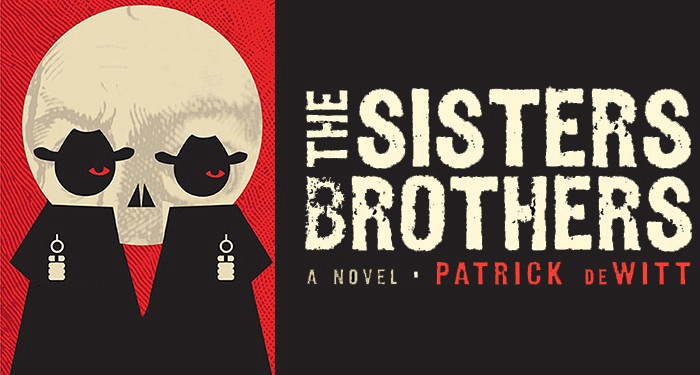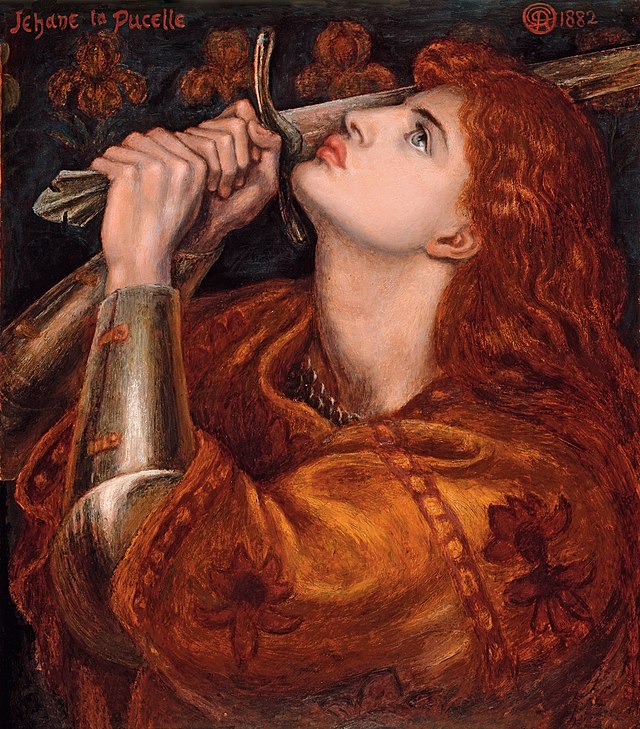Books & Culture
REVIEW: The Sisters Brothers by Patrick DeWitt

The Sisters Brothers
by Patrick DeWitt
Ecco
336 pp/$24.99
There were moments while reading Patrick DeWitt’s The Sisters Brothers when I was able to correctly predict what was going to happen next, but they were few and far between. The book almost seems to be making a game of setting up and subverting expectations.
One of the most enjoyable ways it does this is with the narrator’s voice. Our guide through the novel is Eli Sisters, the younger and gentler of the titular siblings. They are a brother act of assassins in the wild west of 1851. Eli relates what he sees in spare, unadorned prose with darkly funny reflections on human nature that stop admirably short of heavy-handedness. He tells his story rather like a boy writes a letter home from summer camp. You might expect that such a style would get tiresome or trite after a couple hundred pages, but not so. The narrative remains engaging despite, or because of, the straightforward description.
The subject matter DeWitt has chosen packs enough punch on its own. In Eli and Charlie we have two men with only each other for company, moving through a series of temporary relationships with the locals of various towns along the way. They are on a mission to kill a man named Hermann Kermit Warm.The man who sent them to kill Warm is known only as the Commodore and he’s not in the habit of telling Eli and Charlie why they’re killing who they’re killing.
The novel does not follow a traditional narrative arc. Eli and Charlie travel from hitching post to hitching post on their way to meet their prey, so it’s essentially a road novel. The first half of the book is, to a large degree, a series of vignettes, which include, among other even stranger things, a witch’s curse, Eli discovering the joy of toothpaste, and a San Francisco local who delivers a charming monologue about how living in the city by the bay invariably makes you insane. These minisodes in the lives of our heroes are, blessedly, not brought around full circle to connect Crash-style. Rather they serve to let us get to know the brothers better, particularly Eli, whose simultaneously endearing and unnerving voice provides the novel with the legs it needs to get through its free-floating plot.
Eli is a hired assassin who can witness and, indeed, participate in acts of horrible violence without so much as flinching, but he’s also essentially a young man at his first school dance, trying to figure out how to talk to the pretty girl and simmering with jealously at his older brother’s confidence. Eli wants a quieter life, to sleep in the same bed each night next to a kind woman, and he can’t shake the feeling that any one of the kind women he meets on his travels might fill that role. He reflects on his own complex emotions with heartbreaking simplicity: “I had nowhere to go and did not wish to be seen by anyone for fear they would recognize my sadness, and so for several minutes I simply stood in the hall, shifting my weight and breathing and attempting to clear my mind of every recognizable thought.”
When the brothers zero in on their mark, the book settles into a more conventional plot structure, which is not to say it becomes conventional. In fact, when we discover who Hermann Kermit Warm is and why the Commodore wants him dead, the whole thing proves to be so weird that technically, it may qualify as speculative fiction. And I suppose this should have bothered me, should have made me feel that the writer was cheating somehow. But actually, I’m cool with it. Probably because I’m convinced that if I were traveling through the old west on the cusp of the Gold Rush, the overall feeling would be no less weird.
DeWitt integrates his own brand of craziness into the pre-existing craziness that is part and parcel of the Western. He throws literal truth aside to free up the way for emotional truth. In the words of a supporting character, “the answer lies before me. It is plain to see it, but it is so bold as to be unfathomable.” Yep, that’s about right.
The Sisters Brothers is a valiant effort to break the rules and make it work anyway, and DeWitt gets away with it surprisingly frequently. It’s a brave experiment and it takes some getting used to, but the world is fascinating, the character are rich and clichés be there none. Like Eli and Charlie, you won’t always know what’s going on but you’ll be in good company.
–Sam Courant is studying at Earlham College in Richmond, Indiana.









